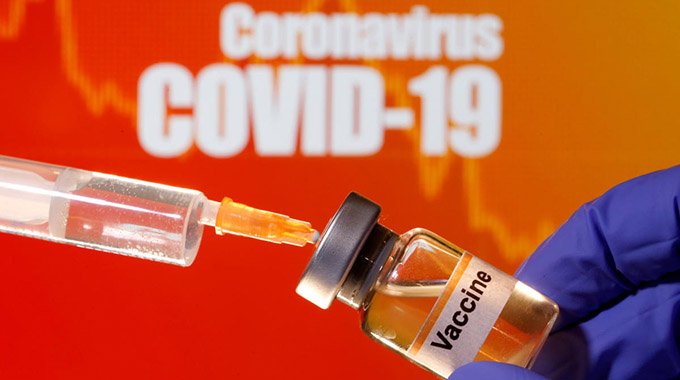Older teachers in Italy fear Covid-19 risks as schools return

Angela Giuffrida in Rome and Lorenzo Tondo in
Palermo
Older Italian teachers and those with underlying
illnesses fear the reopening of schools in Italy this
week could pose a serious threat to their health.
Millions of children returned to classrooms across
14 Italian regions on Monday, more than six
months after schools were closed due to the
coronavirus pandemic.
While teachers in other countries have had similar
concerns over the risks, Italy stands out for having
the oldest teaching workforce in the EU. A report
by the OECD published on Tuesday showed that
more than half of primary and secondary school
teachers are over the age of 50, and 17% are over
60.
At the same time, about 13,000 teaching and non-
teaching staff will not immediately return to
school after testing positive for Covid-19
antibodies as part of a blanket screening carried
out last week, leaving many schools understaffed.
Worries among older teachers and those with
health problems, especially those working in
primary schools, have been mounting amid
confusion over the Covid-19 rules ahead of the
new academic year. Almost 15,000 of more than
35,500 deaths attributed to Covid-19 since the
start of Italy’s pandemic were among people
between the age of 50 and 79, according to a
report by the country’s National Health Institute.
However, the health ministry’s most recent
circular does not identify age as a risk factor for
teaching during the pandemic.
“We are very, very concerned,” said Valentina
Balsamo, a 61-year-old who teaches at the Nicolò
Garzilli primary school in Palermo. “I understand
that schools must reopen, but as a teacher I don’t
feel safe. Teachers will undergo swab and blood
testing, but children will not. Elementary school is
based on direct physical contact with the children.
It won’t be easy to monitor social distancing.”
Teachers will have to wear face masks at all times,
as will pupils over the age of six. Classrooms have
been furnished with single-person desks and
placed 1 metre apart. Staff and children will have
their temperature taken on arrival, while several
hand-gel dispensers will be placed around school
buildings. Those who have been in close contact
with a student or teacher who tests positive for
Covid-19 will be immediately quarantined.
“I’ll soon take a serology test, but we all know
that I should be tested every day to make sure I
have not contracted the virus,” said Dora Novara,
66, who teaches at a primary school. “Given my
age, I’ll also take a seasonal flu shot, but I can’t
control what my students do when they return
home after school.”
Meanwhile, hundreds of teachers with health
problems or who are immunosuppressed recently
wrote letters to school authorities asking that
they be exempt from service.
The most prevalent illnesses are heart-related,
oncological or respiratory.
“There are many colleagues who have these
illnesses who want to be with the children and
return to work,” said Maddalena Gissi, the
secretary general of the Cisl teaching union. “And
they want to be able to do that at a distance and
teaching smaller groups … but it’s difficult to do
distancing with small children.”
To be exempt from school, a teacher with an
underlying illness must be certified by two doctors
as being at risk. According to a recent health
ministry notice, only those with very serious
illnesses will be exempt from working. If they
can’t be in a classroom, they may be offered other
roles that they can do at a distance or from home,
such as working on a school project or
administrative tasks.
“We know there are many cases of teachers with
health issues who are afraid,” added Gissi. “But
the circular from the ministry of health made it
clear – doctors must certify absence, it’s not the
teacher who decides if they are vulnerable or
not.”
But teachers have been struggling to get
certificates from their medics. “For days, I’ve been
trying to reach my doctors to prepare a formal
declaration, but it’s impossible,” said Sabrina Leo,
51, a preschool teacher who has emphysema, a
respiratory disease.
Respiratory complications were responsible for
almost 95.3% of deaths attributed to Covid-19,
according to data from the National Health
Institute.
“My future is unclear,” Leo added. “What I do
know is that if I contract coronavirus, my chances
of recovery are slim, very slim.”
Silvia, 44, who suffers from lupus, an auto-
immune disease, said she wants to return to work
at her secondary school in the central Lazio
region, but is afraid. “Not only for myself but for
my parents, who are elderly. They come to my
home as much as possible to help me, this is what
worries me. I worked with my illness before Covid
and all I want now is to go back safely – I want the
right to education to be considered alongside
health and work rights.”- The Guardian.com








Comments